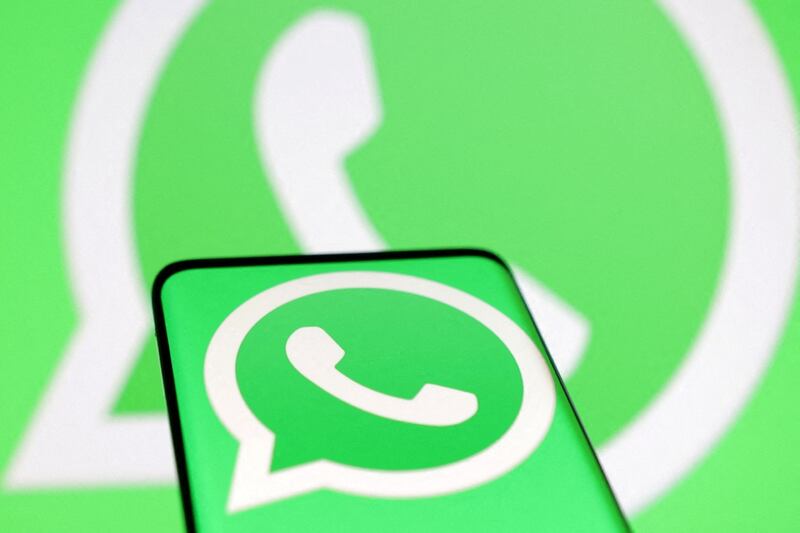WhatsApp is slowly emerging as an e-commerce channel, as retailers explore ways to integrate it with their payment platforms.
According to the Online Retail report by World Wide Worx and Mastercard, WhatsApp has become an important customer engagement tool for many businesses.
"Social commerce via WhatsApp is present but not mainstream," the report states. "One-third of respondents have purchased from a link, yet comfort paying by a WhatsApp link tilts negative, with those uneasy outnumbering those at ease."
Having started as a support tool, WhatsApp has grown into a platform where businesses take bookings, handle queries, and even conclude sales.
The most common use of WhatsApp by retailers is support, with 69.2% of respondents using the platform to handle customer queries and assistance.
Promotions are the second-most frequent activity, used by 51.2%, while sales were less common, cited by 35.8% of respondents.
Still, almost a quarter of respondents — —21.4%, said they did not use WhatsApp for any of these activities, "showing that while adoption is widespread, it is not yet universal.
"The results highlight WhatsApp’s role as a versatile but primarily support-focused channel, with more than two-thirds of respondents relying on it to strengthen direct interactions with customers," the report states.
" Use for promotional campaigns and direct sales is growing but remains secondary, suggesting that businesses are still exploring the full commercial potential of the platform.".
World Wide Worx MD Arthur Goldstuck said the 2025 survey shows WhatsApp has become the front door to retail engagement in South Africa.
"Close to seven in 10 retailers now use it for customer support, just over half for promotions, and more than a third for sales. That makes it potentially the most widely adopted channel for real-time interaction. Payment, however, is the piece that still unlocks its full potential."
Nine in 10 retailers that take orders on WhatsApp still rely on invoices and EFT, while only 17% have experimented with payment links. "The data points to strong appetite, but also to gaps in systems and trust," said Goldstuck.
While WhatsApp is emerging as a sales channel, its payment processes are still anchored in traditional methods. The low uptake of payment links reflects either caution or practical challenges, but it also indicates a potential area for growth as businesses look for more seamless, in-chat payment experiences, the report states.
"One of the things we are seeing is WhatsApp replacing SMS as a channel to deliver payment links, information, and updates on orders," said Rahul Jain, CEO and co-founder of Peach Payments.
With payment links being delivered in WhatsApp, the next step is, "Can you shop in WhatsApp? Imagine a world where you can send a retailer a message to send groceries and pay with WhatsApp."
However, fraud and scams were highlighted by 24.4% of respondents, underscoring that security fears remain a big obstacle to wider adoption of WhatsApp-based payments. Regulatory compliance (15.9%) was a secondary concern, while lack of biometric authentication (5.0%) and other issues (0.5%) were marginal.
"The results point to a dual challenge: respondents see technical limitations and integration hurdles as the biggest barriers, but customer confidence and fraud risks also weigh heavily," the report states.
"Together, these concerns explain the low adoption of payment links on WhatsApp and highlight the need for more seamless, secure solutions if businesses are to expand payments through the platform."
Goldstuck said the global momentum around WhatsApp Pay "signals where the local market is heading".
In markets such as India and Brazil, in-chat payments already enable customers to browse, order, and pay without leaving the app. Pilot projects in South Africa are beginning to mirror this pattern, and fintech providers such as Flowcart are integrating QR codes, payment links, and instant settlement into WhatsApp workflows.
As these tools mature and compliance frameworks strengthen, local retailers here will be able to use WhatsApp as a full commerce platform.









Would you like to comment on this article?
Sign up (it's quick and free) or sign in now.
Please read our Comment Policy before commenting.